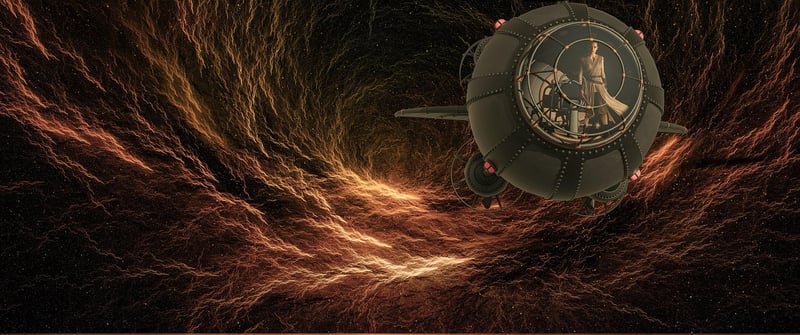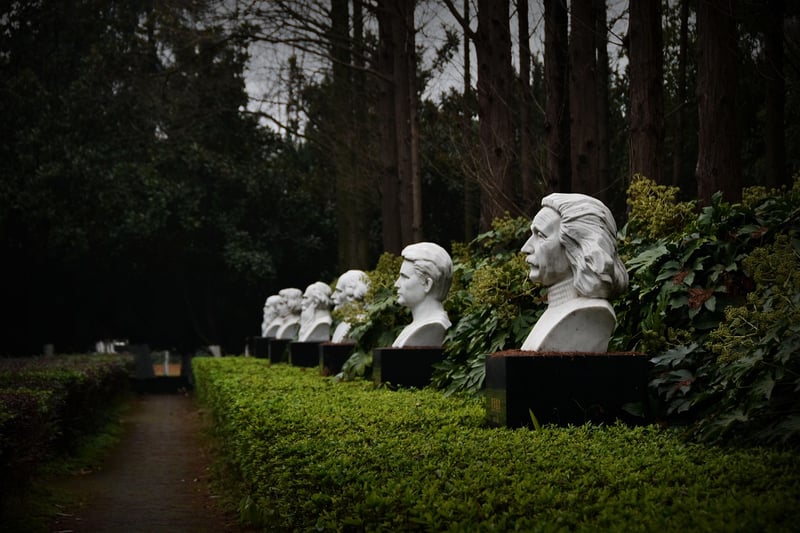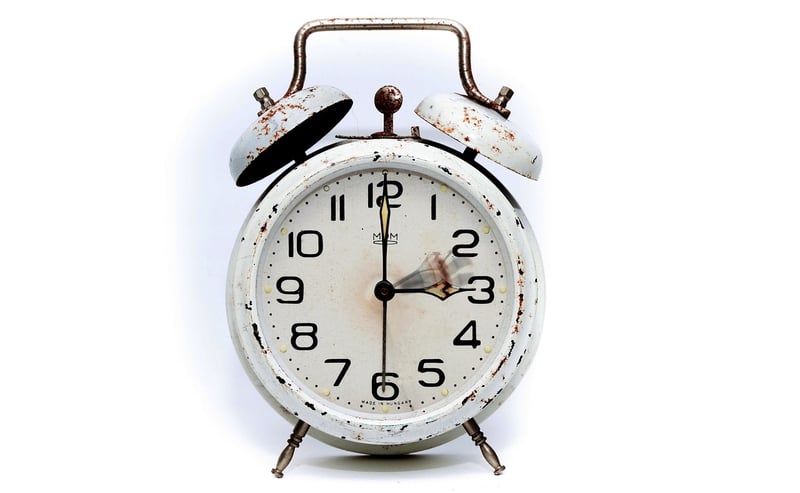Time Travel Theories
The Fascinating World of Time Travel: Mechanisms and Theories
Introduction
Time travel has captured the imagination of people for generations, with countless books, movies, and scientific theories exploring the possibilities of moving back or forward in time. In this article, we delve into the mechanisms of time travel and the fascinating theories that attempt to explain this mind-bending concept.
Mechanisms of Time Travel
While time travel is often considered science fiction, several theoretical mechanisms have been proposed by physicists to explain how it could be possible:
1. Wormholes
One popular theory involves the use of wormholes, hypothetical tunnels in spacetime that could create shortcuts for long journeys across the universe and potentially allow for time travel. By manipulating the entrance and exit of a wormhole, one could theoretically traverse both space and time.

2. Time Dilation
According to Einstein's theory of relativity, time is relative and can be affected by gravity and speed. Time dilation occurs when an object is moving at a significant fraction of the speed of light, causing time to pass differently for the moving object compared to a stationary observer. This phenomenon has been observed in experiments with high-speed particles.

Time Travel Theories
Several prominent theories have been proposed to explain the concept of time travel and its implications:
1. Grandfather Paradox
The Grandfather Paradox is a common time travel trope that questions the possibility of changing the past. If one were to travel back in time and prevent their grandparents from meeting, it would create a paradox where the time traveler would never be born. This paradox raises questions about the consistency of time travel.
2. Multiverse Theory
Another theory posits that time travel could occur in a multiverse where each decision or action creates a new parallel universe. In this model, time travelers would not alter their own past but instead create a new timeline in a separate universe, avoiding paradoxes.
Conclusion
While time travel remains a theoretical concept with many unanswered questions, exploring the mechanisms and theories behind it offers a fascinating glimpse into the possibilities of the universe. Whether through wormholes, time dilation, or multiverse theories, the idea of traversing time continues to captivate both scientists and science fiction enthusiasts alike.
